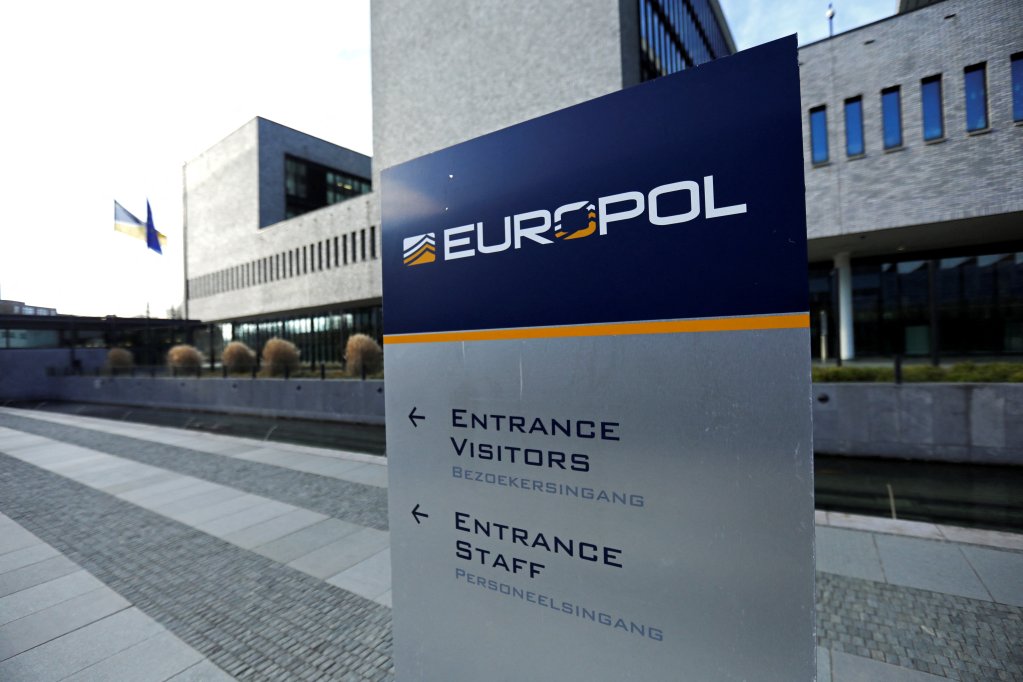The European Council and European Parliament have reached a provisional agreement to strengthen Europol’s powers in tackling migrant smuggling and human trafficking. The new deal will expand the role of the EU’s policing agency, giving it stronger tools to support member states and improve cooperation.
Under the agreement, Europol will be able to share more detailed information with national authorities to combat organized crime and terrorism. A European center against migrant smuggling will also be established within Europol, acting as a permanent structure to provide strategic, operational, and technical support.
The center will not only focus on breaking smuggling networks but will also help identify victims of trafficking and protect vulnerable individuals. Officers from Frontex, the EU’s border agency, and Eurojust, the agency for criminal justice cooperation, will be seconded to the new unit to strengthen coordination.
To support these expanded responsibilities, Europol will receive 50 additional staff and €50 million in extra funding. The European Council estimates that more than 90 percent of irregular migrants entering the EU use smugglers, with criminal networks earning between €4.7 and €6 billion every year.
Smuggling networks are highly organized and often linked to other crimes such as drug trafficking, weapons smuggling, and violence. Migrants who rely on these gangs are exposed to serious dangers, as criminal groups operate detention sites, unsafe transport routes, and exploit people for profit.
Past EU reports show that over 15,000 suspected smugglers were reported to Frontex in 2022 alone. In 2022, more than 10,000 trafficking victims were registered in the EU, with over 2,000 convictions. By 2023, around 7,500 victims were identified, and nearly 500 arrests were made.
The agreement also builds on the EU’s 2011 anti-trafficking directive, which recognizes trafficking as both a crime and a human rights violation. This obliges member states to protect victims regardless of their nationality, with additional measures for children to ensure access to support and education.
The deal must still be formally approved by the European Council and Parliament, but officials say it marks a major step forward in the EU’s fight against trafficking and migrant smuggling, aiming to cut the reach of global criminal networks and better protect migrants.

